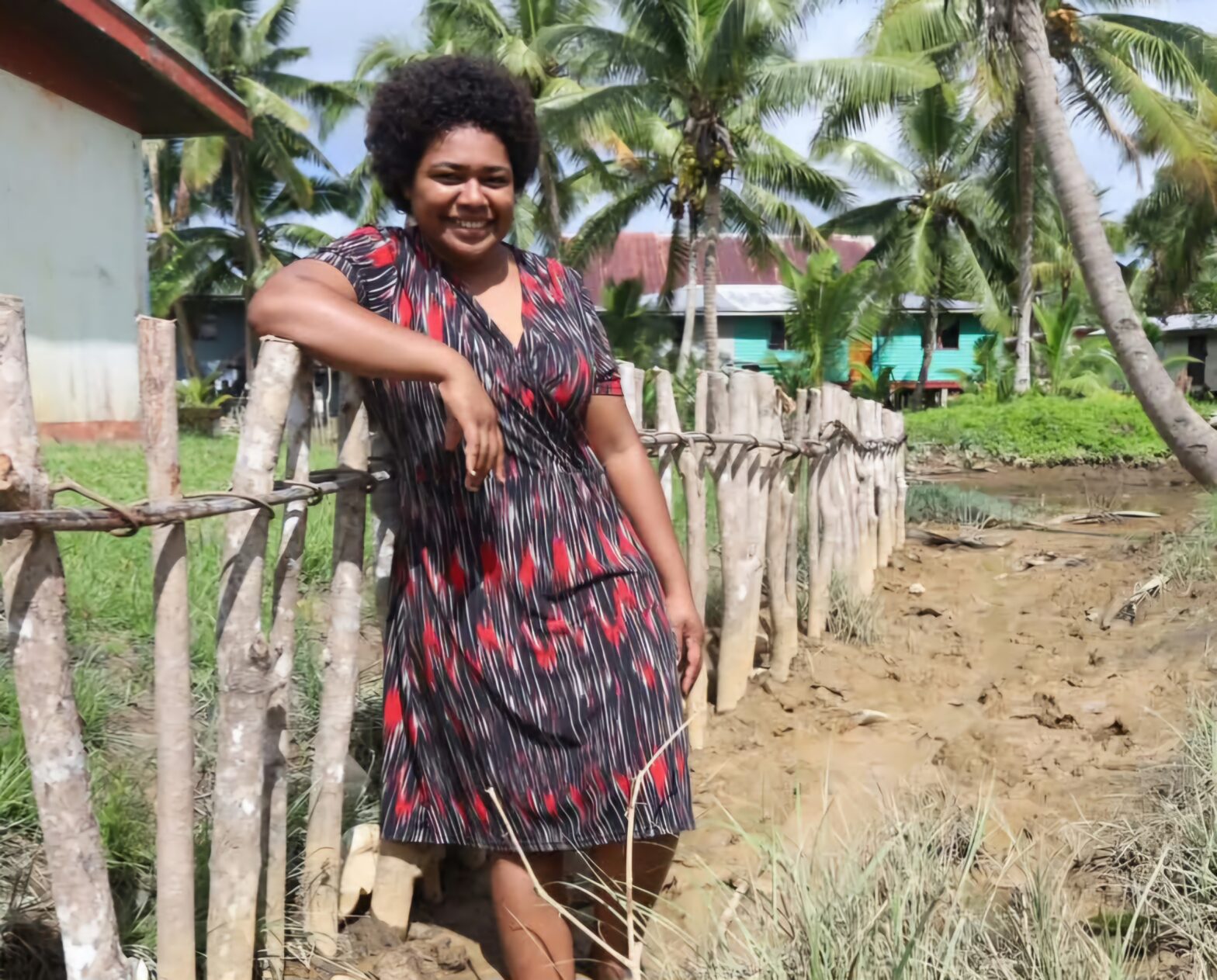In the heart of Kalokolevu village on the outskirts of Fiji’s capital, Suva, an important initiative unfolded as villagers and students united to protect and restore the lifeblood of their coastal ecosystem: the mangroves.
On World Mangrove Day 2024, the village hosted a mangrove planting event, marking the fifth time a non-governmental organisation (NGO) has collaborated with the community on such an initiative.
This time, however, the villagers are determined to carry forward the torch of conservation themselves.
“To us, mangroves are a source of life,” said Seveci Naisilisili, the Turaga ni Yavusa (tribal leader) of Kalokolevu.
“They provide oxygen, serve as a vital habitat for marine species, and help prevent erosion while restoring the marine ecosystem.
“Today, we plant mangroves to fight against climate change, but moving forward, we will continue this work ourselves, with the support of our women’s group, children, and youth.”
Mangroves are not only a natural defence against coastal erosion and storm surges, but they also act as carbon sinks, capturing and storing carbon dioxide from the atmosphere.
In Fiji, where mangroves cover approximately 46,600 hectares, about 4 percent of the country’s forest cover, these ecosystems play a crucial role in the battle against climate change.
For Naisilisili and the people of Kalokolevu, the stakes are high.
The village has experienced the damaging effects of strong wave currents that have eroded their shores and threatened their mangrove forests. Yet, the community remains resilient.
“We have learned so much from the NGO teams that have visited us,” Naisilisili said.
“The challenge is that our wave currents can be so strong, damaging our mangroves. But today has been enlightening, we’ve realised that we can take action right here in our village.
“Mangroves are also a source of food for us and play a key role in protecting our shores from the effects of climate change. They prevent soil erosion and provide habitat for our seafood, such as nuqa (spinefoot rabbitfish) and mud-crabs.”
The event, organised by the Korea International Cooperation Agency (KOICA) in collaboration with the Deutsche Gesellschaft für Internationale Zusammenarbeit (GIZ) and the I-Taukei Affairs Board, brought together various stakeholders, including more than 30 students from Ro Delainamako Primary School.
For the children, it was an eye-opening experience, connecting classroom lessons on conservation with hands-on practice.
“I feel it’s very important because the children learn theory in the classroom, and today’s activity enables them to put into practice what they have been learning,” said Vatiseva Cirinainima, the Head Teacher of Ro Delainamako Primary School.
“From seeing their reaction today, I know the message of being a responsible citizen has gone through. These students will be very careful about how they look at their environment and surrounding, keeping it clean, and they will carry this awareness with them throughout their lives,” Cirinainima said.
The KOICA Alumni Club, which played a key role in organising the event, emphasised the importance of community engagement in environmental conservation.
“Our aim is to ensure a sustainable future for the mangroves and the invaluable services they provide to our planet,” said Arishma Ram, the club’s president.
“Having mangroves, especially at the community level, helps us conserve our coastal environment,” Ram said.
Today, we took action by planting mangroves, and we must continue to do so.”
The significance of mangroves extends beyond local communities like Kalokolevu.
Globally, mangrove ecosystems are under threat, with about half of the world’s mangrove provinces considered endangered, according to IUCN Red List of Mangrove Ecosystems.
Mangroves hold an average of 394 tonnes of carbon per hectare in their living biomass and soil, highlighting their crucial role in mitigating climate change.
The State of the World’s Mangroves 2024 reports by Global Mangrove Alliance recently published an extensive study on global mangrove status, revealing that while mangroves have faced significant threats from human activities, rates of loss are declining.
According to the report, mangrove loss fell by 44 percent between 2000 and 2020. The latest Global Mangrove Watch dataset shows a sixfold increase in mapping resolution, offering detailed insights into mangrove extent and supporting local conservation efforts.
As highlighted by the report, integrating local ecological knowledge (LEK) is crucial for effective mangrove conservation. By valuing and incorporating LEK, conservation and restoration efforts can be significantly enhanced, ensuring the preservation of these vital ecosystems for future generations.




